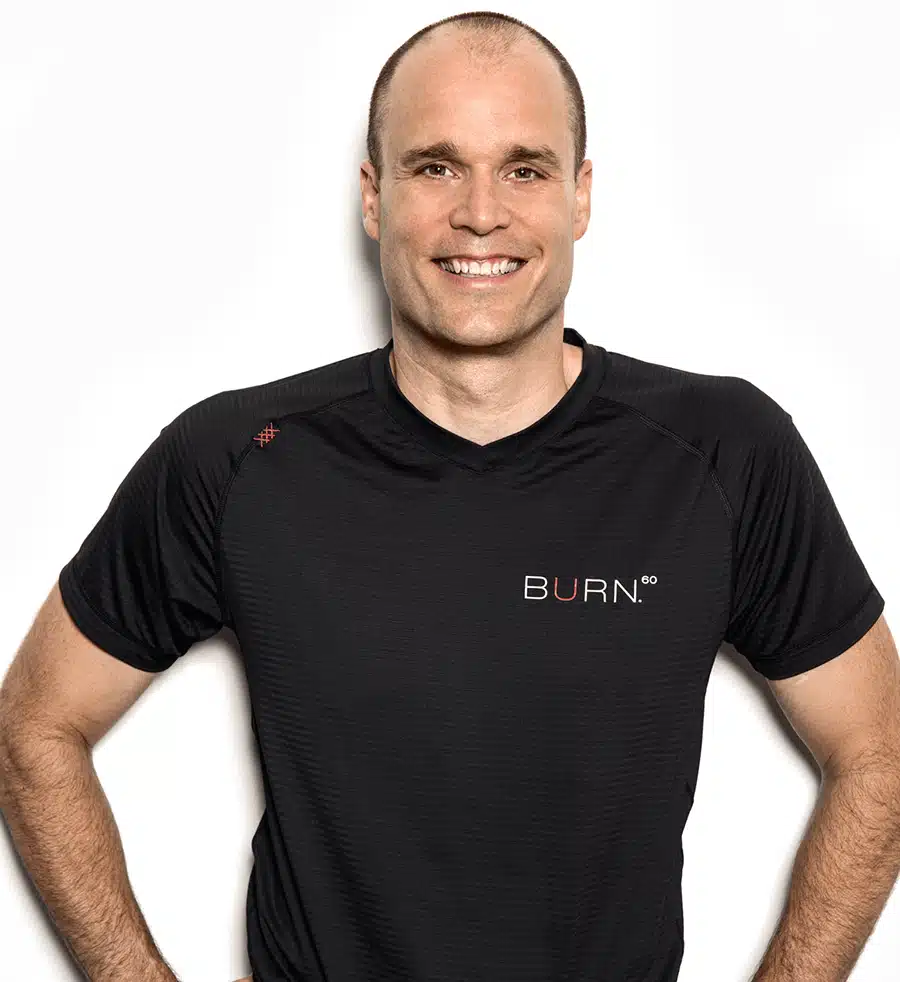#30YearsStrong
It's Our Birthday! Save 30%
Celebrate our milestone with incredible savings on health coaching, nutrition, and fitness courses.
Discover Our New & Best-Selling Certifications & Courses
AFPA, American Fitness Professionals & Associates, provides comprehensive programs designed by experts, that will give you the high-caliber expertise necessary to effectively change lives.
INDUSTRY-LEADING SUCCESS AND RECOGNITION
130000+ students certified
30+ years of excellence in education
30+ certification programs offered
98.9% student satisfaction
Create Your Own Path, Explore Our Extensive Programs and Certifications
AFPA thrives on having the most comprehensive selection of health, fitness & nutrition certification programs. With over 30 unique certifications, you can find the exact curriculum you’re looking for. Select the category that speaks to you.
The robust, all-in-one education provider dedicated to turning your dream career into reality.
Our health, fitness and nutrition certification programs are tailored to suit anyone’s schedule. In just 6 months or less, you can become certified on your own time, from anywhere in the world.
High-quality holistic and evidence-based curriculum
Wellness is different for each person. That’s why we take an integrative approach. Our curriculum is evidence-based and filled to the brim with up-to-date scientific research but is also nuanced and holistic.
Inspire others to lead healthier lives
Motivate, inspire, and transform the lives of others by helping them achieve and maintain optimal health with the guidance of proven coaching methods.
Earn an income living your passion
Whether you want to land your dream job or are working to start or grow your own business, you can turn your love for helping others into a lucrative career.
Program flexibility
Study for your certification at your own convenience. Our programs are self-paced and online, which allows you to fit them into your schedule.
Low-risk financial investment
We offer some of the best and highly-respected, non-degreed training programs in health, wellness and nutrition education with minimal financial commitment and payment plan options with as low as 0% APR financing.
International recognition
AFPA has received and continues to pursue numerous international accreditations and recognitions from third-party accrediting organizations.
“Wellness is now a $3.72 trillion industry, making it one of the world’s fastest-growing, most resilient markets. The growth trajectory of the wellness industry appears unstoppable.”
The Global Wellness Institute
AS SEEN IN THESE GREAT PUBLICATIONS

With over 2000+ 5 star reviews, AFPA continues to produce countless satisfied graduates into successful health, nutrition, and fitness professionals. Here’s what they have to say…















